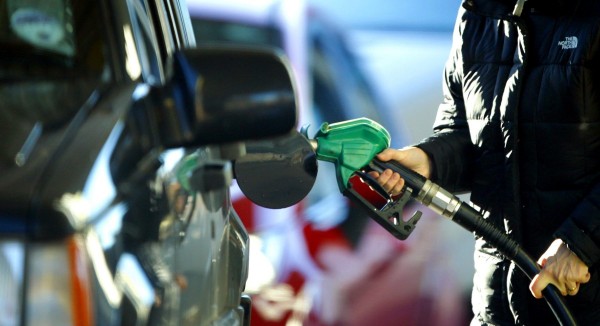What are the benefits of using premium fuels?
You may have noticed that at the pumps there is a variety of fuel options. As well as regular petrol and diesel choices, there are also ‘premium’ fuels. They normally command a higher price per litre, but why is this?

You’ve probably noticed that at the pumps there are a variety of fuel options. As well as regular petrol and diesel choices, there are also ‘premium’ fuels. They command a higher price per litre, but why is this?
Though that increased price might be off-putting, drivers of high-performance or sports cars will find that their cars benefit from using premium fuel regularly. However, it’s not just those motorists’ cars that could run more efficiently. We look at the benefits of using a premium fuel.
A cleaner engine
That’s right. When you use a premium fuel, it helps remove deposits that may have built up on the intake valves and fuel injector nozzles. This should, in theory, give a better engine response as well as better economy figures.
Diesel engines become far sootier than their petrol-powered counterparts and additional chemicals in premium diesel can help rid the engine of any deposits that have built up during daily driving. There’s no need to run a car with this fuel all the time, but using it once every 1,000 miles could really help prolong your engine’s life.
Better performance

Drivers of sports cars or supercars will likely see their vehicles run perfectly when using premium fuels. Though they’ll run on lower-quality petrol, the difference that a premium fuel will make should be instantly noticeable. Throttle response should be sharper, while the engine should feel smoother in general.
Less chance of damage
In highly strung, high-performance engines that have been designed to run on premium fuel, there’s a chance that you could cause damage by running them on a lower-grade alternative.
Higher octane levels mean improved response
The octane number given to a fuel designates how well it works – the higher the number, the more effective the fuel is at working. As standard, all petrol sold in the UK is rated at 95 octane – but lower grades are available abroad. Some companies offer 97 or 98 octane fuel – and as high as 100 is available from certain garages. These high-octane fuels are ideal for high-performance cars, although drivers of hot hatches and sports cars will probably notice a difference too.





